Victims of terrorism and perpetrators cannot sit together, India tells Pakistan
India’s Foreign Minister S Jaishankar has accused his visiting Pakistani counterpart Bilawal Bhutto Zardari of being the “promoter, justifier and spokesperson” of terrorism during a meeting of the Shanghai Cooperation Organization (SCO), marking an open hostility against his country's rivaling neighbor.
"Victims of terrorism do not sit together with its perpetrators to discuss terrorism," Jaishankar said after a meeting of foreign ministers of the member nations of the SCO on Friday in the city of Goa.
India's top diplomat was reacting to a statement posted on Twitter earlier in the day by Bhutoo-Zardari about "“weaponizing terrorism” in which he urged SCO member nations to avoid using “terrorism” as a diplomatic instrument.
“Let’s not get caught up in weaponizing terrorism for diplomatic point scoring,” he said.
“Our success requires us to isolate this issue from geopolitical partisanship. Practical, pragmatic solutions exist for us to put an end to this chapter once and for all. We must stop conflating non-state actors with state actors,” Pakistan's top diplomat added.
FM @BhuttoZardari urged to collectively eradicate the menace of terrorism
— Spokesperson 🇵🇰 MoFA (@ForeignOfficePk) May 5, 2023
💬" Let’s not get caught up in weaponising terrorism for diplomatic point scoring"#PakFMatSCO pic.twitter.com/H5awOoQDF5
“I want no citizen to be a victim of terrorism, we all have to fight terrorism as one, if we remain separate, we will continue to be victims of it,” Bhutto-Zardari said in a video shared by the Secretariat of Pakistan Peoples Party Chairman on Twitter.
Jaishankar's hostile remarks targeting his Pakistani counterpart came also in reaction of a militant attack earlier on Friday that killed five Indian Army officers in the Rajouri district of Jammu and Kashmir, a restive, mostly Muslim-populated region that remains fervently opposed to India's oppressive rule of the area near the Pakistani border.
India regularly attributes the militant attacks in the region to suspected Pakistani intruders.
"They are committing acts of terrorism. I don't want to jump the gun on what happened today, but we are all feeling equally outraged,” Jaishankar said at the SCO meeting as quoted in local press reports.
Bhutto-Zardari, the son of assassinated Pakistan's former Prime Minister Benazir Bhutto, was on a two-day visit to the Indian city of Goa to attend the SCO member state meeting of the foreign ministers of the forum’s eight members and four observer countries.
#WATCH | EAM Dr S Jaishankar welcomes Pakistan's Foreign Minister Bilawal Bhutto Zardari for the Meeting of the SCO Council of Foreign Ministers in Goa pic.twitter.com/TVe0gzml1U
— ANI (@ANI) May 5, 2023
His visit marks the first ever visit of a Pakistani foreign minister in 12 years to India, but on a bitter note, as the host, Jaishankar, and Bhutto-Zardari did not even shake hands at the SCO meeting at the Indian venue.
During his stay in India, Bhutto-Zardari was interviewed by several Indian news media outlets, and all of them were interested in knowing when the two rival nations are going to escalate peace talks, to which he replied:
“There is genuine willingness, on the Pakistan side, to address all issues and resolve all issues through dialogue. But the actions on August 5 (abrogation of Article 370 in 2019) really slammed the door shut on that process,” Bhutto-Zardari told The Hindu in an exclusive interview.
“We would like India, the Indian government to create an environment conducive to talks and as soon as we return to the status quo of August 4, 2019, I believe we can engage in a meaningful dialogue.”
"Unless India reviews the action it took on August 5, 2019 (abrogation of Article 370), Pakistan is not in a position to engage bilaterally with India".
On August 5, 2019, the government of India issued a presidential order and scrapped the Article 370, which gave special status to Jammu and Kashmir, a region located in the northern part of the Indian subcontinent,.
He also downgraded the status of the state to a Union Territory, further dividing it into two parts, Union Territory of Jammu and Kashmir and Union Territory of Ladakh.
The Kashmir region of Jammu & Kashmir has been the subject of a dispute between India, Pakistan since 1947, and both nations have fought over three wars over the disputed Himalayan region.
On Apr 14, 2023, during an explosive interview with The Wire, Satya Pal Malik, who was the governor of Jammu & Kashmir during the scrapping of Article 370, revealed, when Prime Minister Narendra Modi came to power, “one of his first agendas was to abolish 370”.
He accused Modi of being “ill-informed” and “ignorant” about Kashmir, and claimed Modi told him not to speak about the union home ministry’s lapses which led to the devastating terrorist attack on soldiers in Pulwama in February 2019, when a convoy of vehicles carrying Indian security personnel on the Jammu–Srinagar national highway was attacked at Lethapora in the Pulwama district.
That attack killed 40 Indian Central Reserve Police Force (CRPF) personnel.
“I can safely say the PM has no real problem with corruption,” Malik claimed during the interview.
According to Malik, the downgrading of the J&K state was a big mistake.
“I would never have downgraded the state, because that is what hurts the Kashmiris the most,” Malik added.
Hamas thanks Iran, Resistance Front following achievement of ceasefire in Gaza
'Capitulation': Israeli officials and media concede Gaza defeat as truce unfolds
'Gaza has won': Social media users react to ceasefire with mix of relief, joy
Iran seeks South Korea’s assistance for AI, fiber-optic projects
VIDEO | Iran's 'Eqtedar' (Power) maneuver
Israel hits HTS military target in Syria for 1st time since fall of Assad
VIDEO | Press TV's news headlines
Israel has slaughtered 13,000 students in Gaza, West Bank


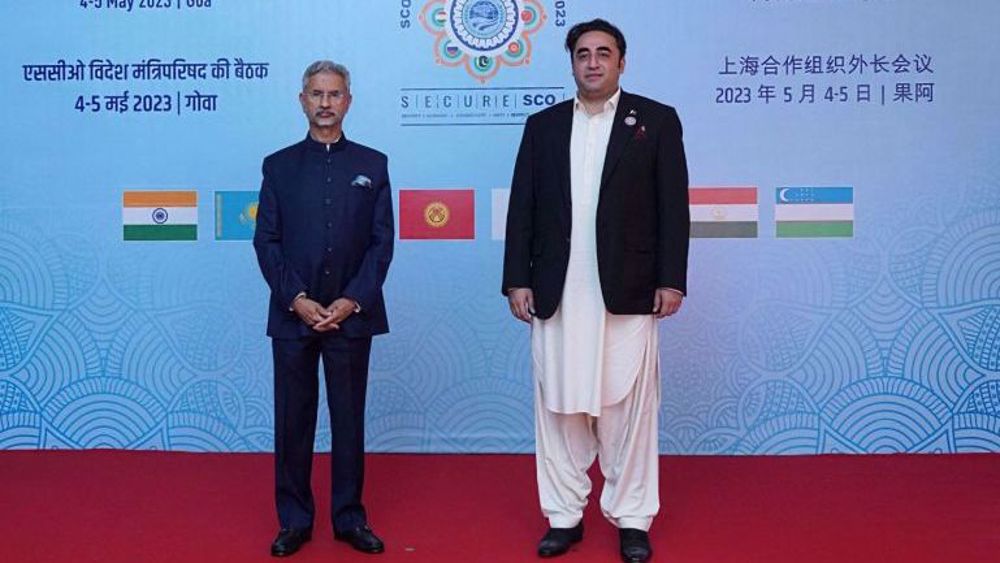
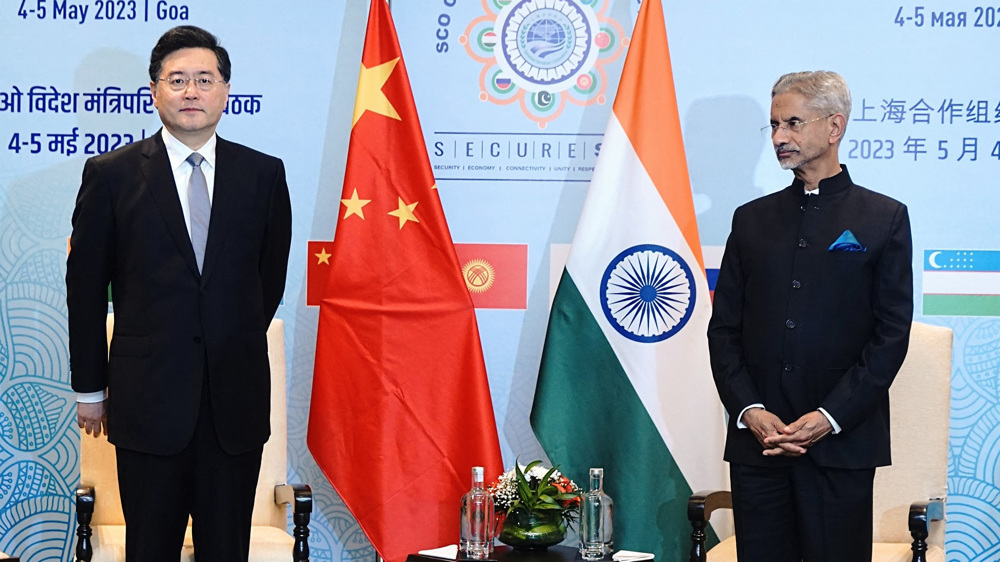
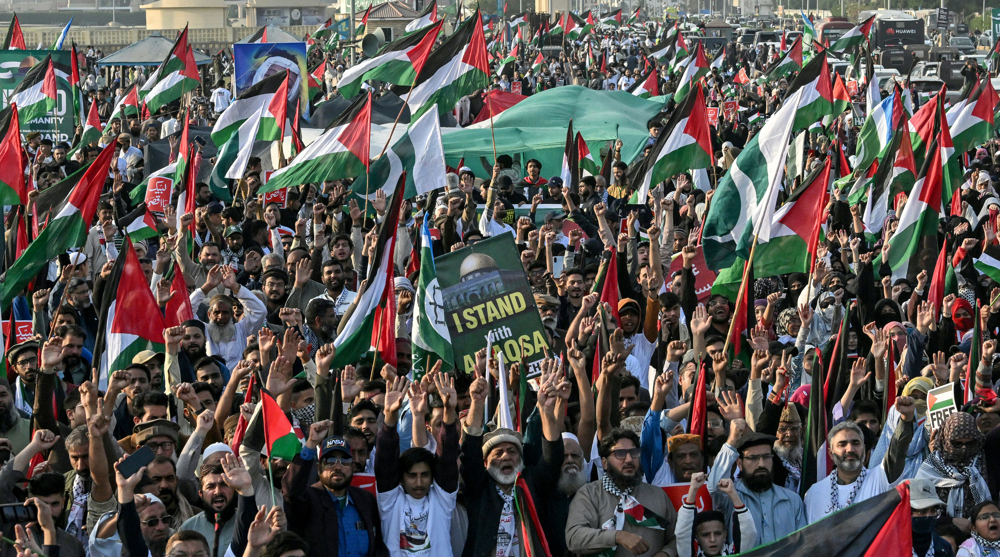
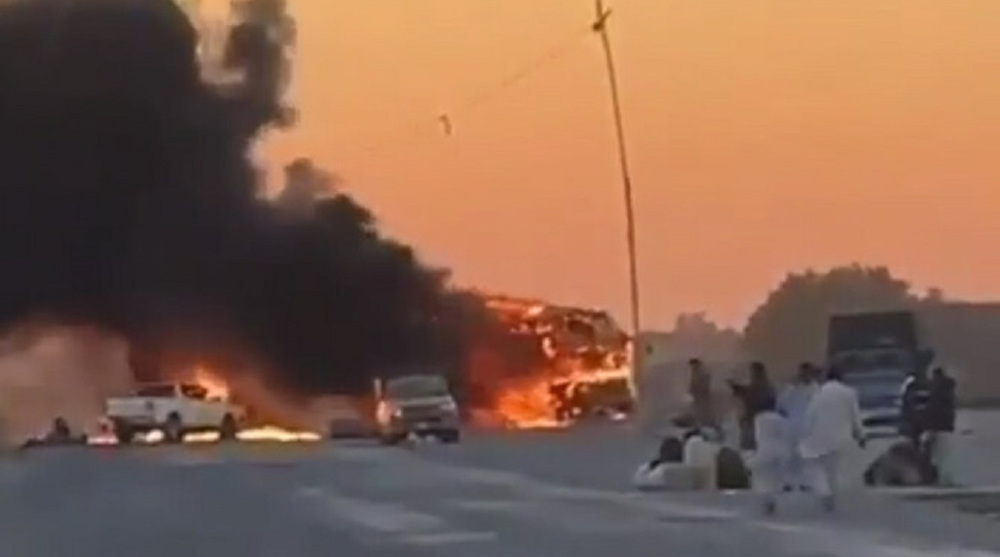
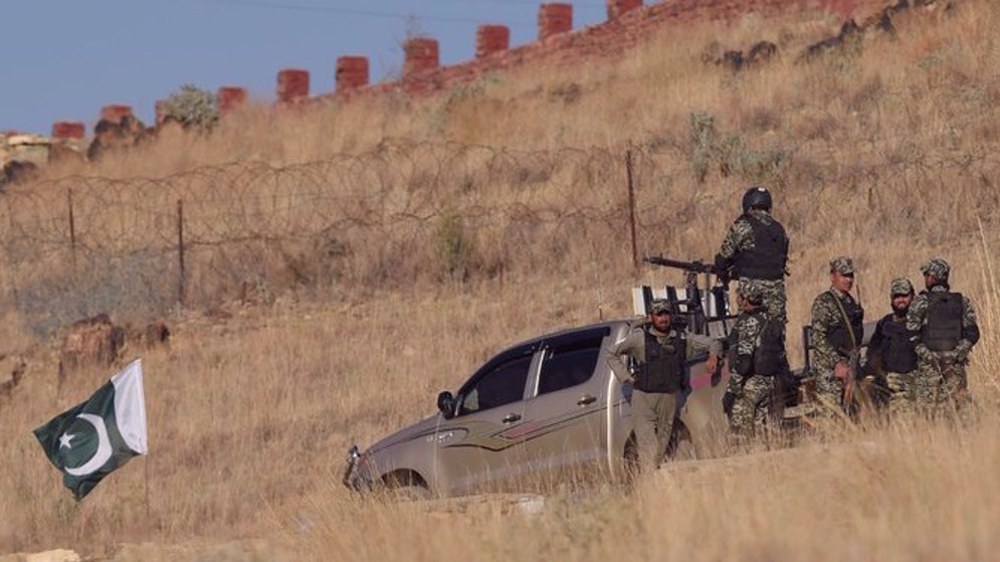



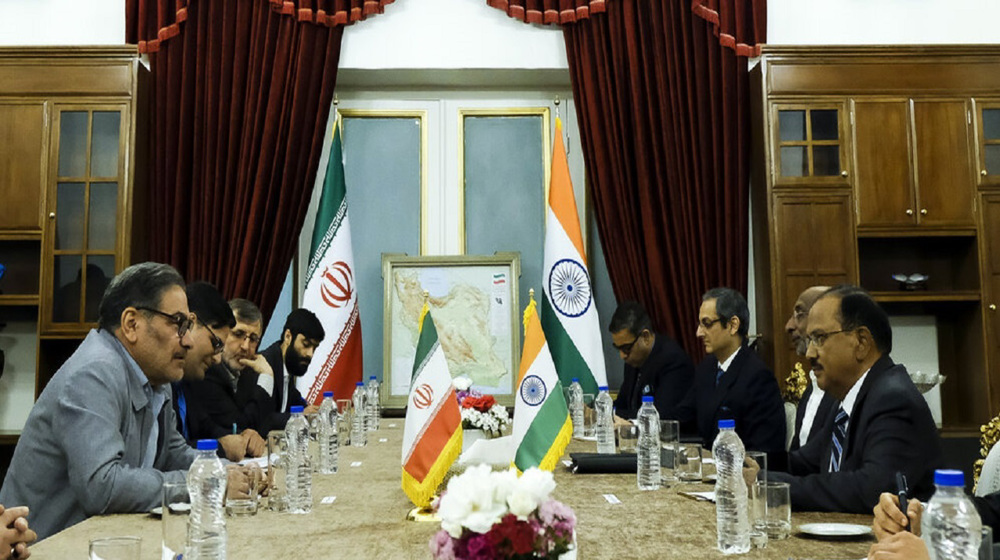
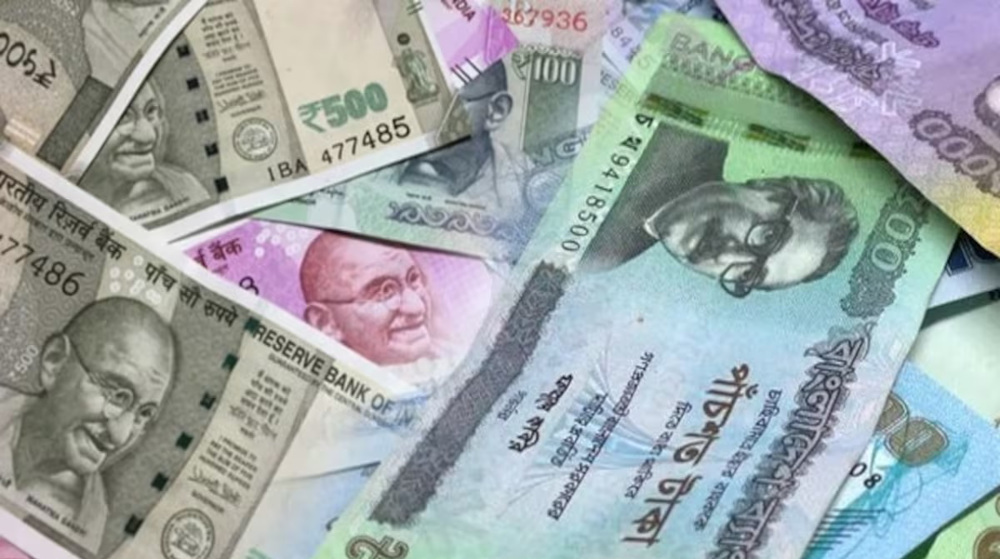

 This makes it easy to access the Press TV website
This makes it easy to access the Press TV website